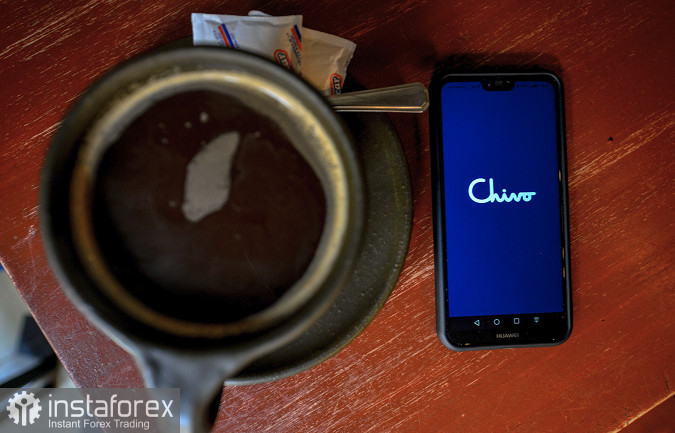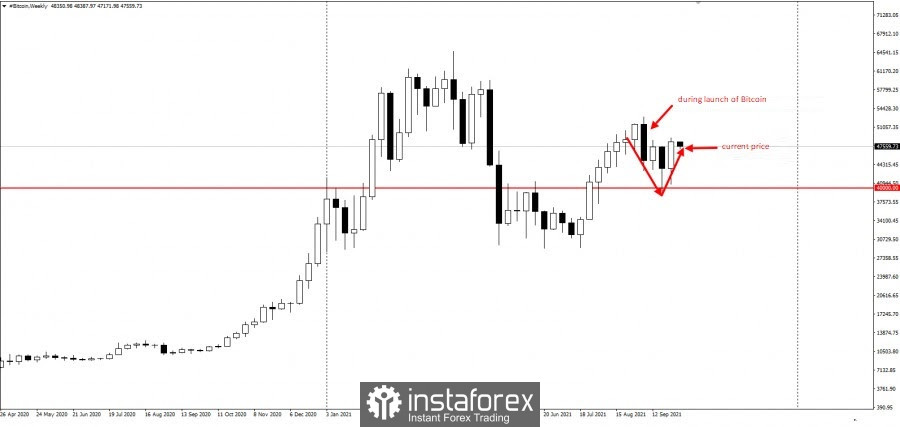
Bitcoin sparked a wave of speculation in El Salvador since its adoption as legal tender last month.
Almost everyday, Uber drivers, waiters and shopkeepers trade cryptocurrency on their phones, buying dips and selling rallies with a government app that comes pre-loaded with $ 30 worth of Bitcoin.
The government's new digital wallet, called Chivo, was designed to facilitate Bitcoin transactions. The ease with which users can top up their balances and instantly switch between dollar and cryptocurrency makes it an ideal tool for speculation.
In fact, in the country's capital, San Salvador, many large chains such as Starbucks, McDonald's and supermarkets accept digital currency for shopping. Some smaller businesses also accept it. Electronics store owner Santos Enrique Hernandez said at least 10 customers a day pay in Bitcoin.
Hernandez said Chivo is faster than cash or credit cards, not to mention it allows them to speculate on price fluctuations - buy Bitcoin when its price falls, and then convert it back to dollars if it rises again. He said he made $ 12 in two days by speculating on such movements.
This master plan was arranged by El Salvador President Nayib Bukele, and is Bitcoin's biggest test in its 12-year history. A successful rollout may convince other countries to try cryptocurrency as well.

Bukele said El Salvador adopted Bitcoin as legal tender on September 7 and since then, more than 2 million citizens registered to Chivo. The free $ 30 Bitcoin is equivalent to roughly 8% of the minimum monthly wage.
But many Salvadorans bailed as soon as they could, converting their free Bitcoin into dollars via one of the 199 Chivo ATMs installed across the country. There used to be 200, but one was burned in an anti-government protest.
To promote acceptance, the free $ 30 Bitcoin comes with the condition that it will be used in a transaction before it can be converted into cash. As a workaround, Salvadorans send Bitcoin to a relative, who then sends it back, thereby lifting the blockage.
And with more than 2 million Salvadorans living in the United States, remittances account for over 20% of the country's GDP. Bukele cited the reduction in transfer fees as one of the main benefits of Bitcoin.
Valeria Vasquez, an analyst at Control Risks, said the adoption of Bitcoin as a legal tender is a big risk for El Salvador. She said Bukele did it because he wants to change the constitution in order to gain approval and be re-elected as president.
The launch of Bitcoin and Bukele's decisions to fire judges and an attorney general prompted a rally last September 15. Another protest is expected to commence on October 12.
 English
English 
 Русский
Русский Bahasa Indonesia
Bahasa Indonesia Bahasa Malay
Bahasa Malay ไทย
ไทย Español
Español Deutsch
Deutsch Български
Български Français
Français Tiếng Việt
Tiếng Việt 中文
中文 বাংলা
বাংলা हिन्दी
हिन्दी Čeština
Čeština Українська
Українська Română
Română

